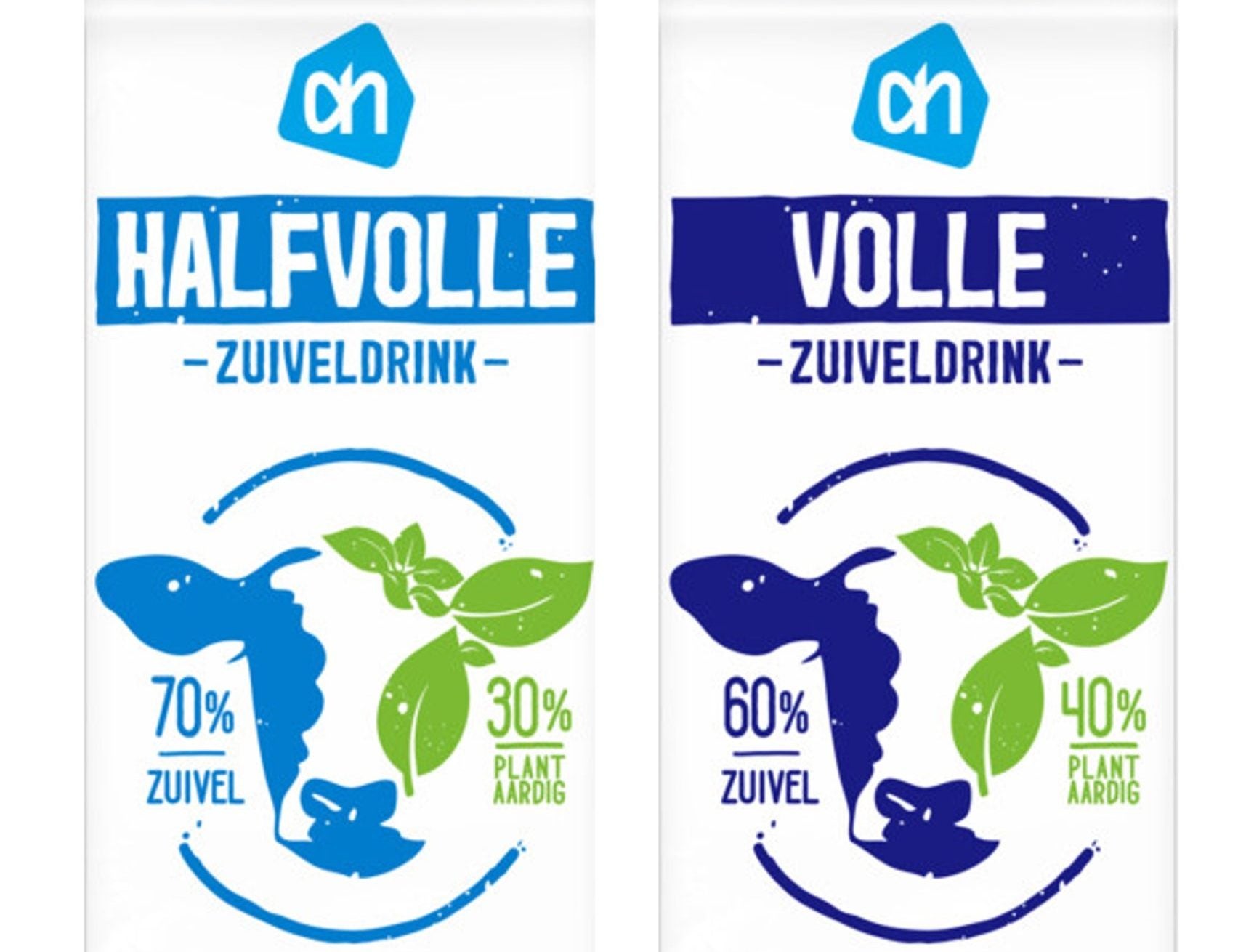New research into the genetic origins of mental health challenges holds clues for operators seeking to support members
Researchers were able to pinpoint the genes that trigger neurodiverse characteristics and some mental illnesses
Results shows some people are less resilient to challenging environments or traumatic events due to their genes
Operators are taking steps to meet these needs with programmes based on mindfulness, vagus nerve resets and breathwork and creating safe, inclusive spaces
A new study of identical twins has delved into how much genes and the environment impact mental health and the development of neurodiverse traits – useful insight for operators looking to better understand their customers and how to support them.
The research, which was published in the journal Nature Human Behaviour, involved the Institute of Psychiatry, Psychology and Neuroscience (IoPPN) at King’s College London, UCL, Queen Mary University of London and 23 universities around the world.
Data was combined from 10,896 pairs of identical twins and 11 studies to discover genetic variants.
Genes related to the way people react to stress were linked to variations in depression symptoms, while genes linked to neurodevelopment, immune function and the central nervous system were associated with variations in autistic traits.
Professor Thalia Eley, joint senior author of the study, said: “These findings confirm that genes influence psychiatric and neurodevelopmental traits, partly through affecting how people respond to the world around them.
"Some are more sensitive to their circumstances and this can be positive in good times but can make life more challenging in stressful situations.”
Around the world mental health is declining, especially among young people, with eating disorders on the rise and a higher prevalence among athletes. This research could seem gloomy news to people who have experienced depression, anxiety or who know they get stressed easily and have neuro spicy traits. However, even having a genetic predisposition doesn't mean these traits can't be worked on, improved and even used to a person's advantage. Many of the practices which the fitness and wellness industries offer can help people to improve their resilience in stressful situations and improve their mental health.
Chiva Som runs programmes that are backed by epigenetics to help individuals cope with stress. Research and development director, Dr Jason Culp, says being aware of a predisposition and working towards self-acceptance can also be empowering, because this "allows people to stop blaming themselves for how they react. They can start seeing it as something that makes them unique and this can be empowering. They can also look for solutions and take steps to undo this genetic programming."
Techniques such trauma informed weight lifting, mindfulness, vagus nerve regulation, talking therapy, and breathwork all help to build resilience.
FOOTNOTE
In the current issue of HCM, TV doctor, Dr Hussain Al-Zubaidi, looks at some of the reasons why young people are struggling with their mental health and advises operators how to support them, including by creating inclusive and positive spaces.
The twins research bears out the importance of creating less stress-inducing environments, such as quiet exercise spaces, for those who are genetically predisposed to stress responses.
Sign up for FREE ezines, news alerts & magazines












